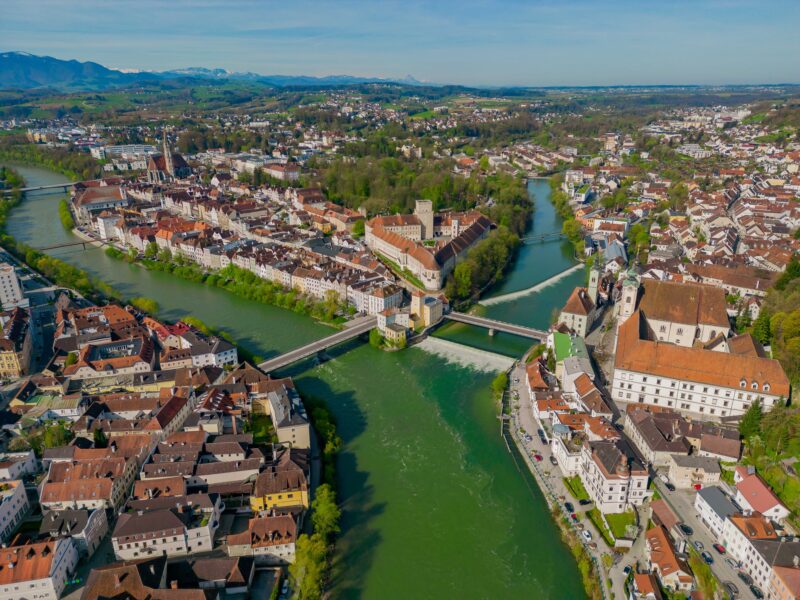
Climate Protection Has Positive Economic Effects
Commenting on the results, Ingrid Felipe (Tyrol), Chairperson of the Environment Committee, said: "This study is a valuable support from the scientific community in promoting more ecological investments locally in the provinces, which will help to mitigate the economic consequences of the COVID-19 crisis. The study results clearly show that investments in climate protection have a lasting positive effect on the economy".
"In its regional economic monitoring, WIFO is constantly looking at the economy in the Länder. This study has now enabled us to contribute our expertise on environmental topics. As the results show, the Länder have far-reaching competencies to support the transformation of the economic system and at the same time to help cope with the economic consequences of the COVID-19 crisis", explained WIFO Director Christoph Badelt.Climate protection measures for employment and added value
On behalf of the Länder, WIFO investigated measures that have partly already been decided on to help cope with the economic consequences of the COVID-19 crisis, and partly are still being discussed on a political and technical level. The experts evaluated whether and to what extent the measures taken contribute to achieving of set goals – the reduction of greenhouse gas emissions, adaption climate change, increase in energy efficiency, increase in domestic employment, increase of added value. Positive examples are the expansion of public transport, the reduced VAT rate for repair services, the development of renewable energy sources, reforestation and increasing the capacity of the electricity network.
The authors of the study conclude "that the screened climate protection measures have positive effects on both employment and added value. The desired positive effects on value creation and the labour market are higher when the technology comes primarily from Austria".
Regional and local authorities can achieve a lot in their own sphere of action
Researchers consider it a decisive and necessary step to systematically and consistently transform the vehicle fleets, facilities and buildings in the public sector by the year 2050 in such a way that they become climate-neutral. The options of the Länder in the area of environment-related affairs are limited – the available volume for environmental expenditures is too small for this. Nevertheless, the Länder can each set specific priorities in their own areas. These include the establishment of sustainable regional planning or energy regional planning. The states also have an important influence on the promotion of low-emission construction methods. The experts recommend to examine further COVID measures for their effects. Only those should be selected, which are positive or at least neutral in their climatic effects.
Publications
Please contact
























